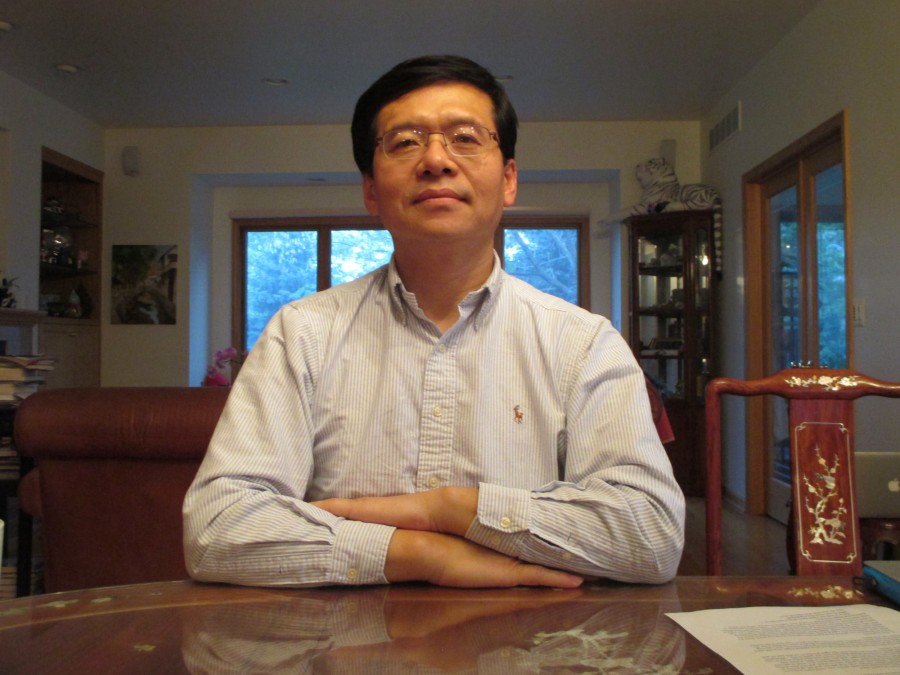Are Women Underrepresented in Science?
Are women underrepresented in science and why so?
As I look around in my high school physics class I notice that the number of girls is about equal to the number of boys. Yet, according to the National Science Foundation, women make up only 36 percent of bachelor’s degrees in science and engineering.
In order to find out the causes of this inequality there is a need to go to an expert in the field of women in science.
Yu Xie, a Professor of Sociology and Statistics at the University of Michigan wrote in his book Women In Science, 2003, that there was no single cause in women’s underrepresentation in science and that “It would be naïve to conclude there are one or two causes for the women’s underrepresentation in science. This is a societal and multifaceted issue where many factors are involved.” I wondered why, Yu Xie, my father, had done research on this topic and based his Ph.D. dissertation on it. I asked him about his background in order to understand his decision to write his dissertation on this topic.
Yu Xie was born in Zhenjiang, China in 1959 to parents who were both doctors. He stated that growing up in China was very different from children growing up in America, however, “I enjoyed my experience growing up in China,” he said. He grew up during the Cultural Revolution and was forced to “learn political lessons and Chairman Mao’s sayings, and participate in the Cultural Revolution”. His father, who is my grandfather, was put into prison for a year for political reasons. One terrifying memory Yu Xie has is violence. “People were mad at each other for political differences. They would fight with bricks, with sticks, and some people were beaten to death.”
After graduating from high school, my father, Yu Xie, was initially trained as an engineer, at Shanghai University of Technology. Later he earned his M.A. in the History of Science, and an M.S. as well as a Ph.D. in Sociology. He became a sociologist because he discovered that “China was not well organized, and Chinese society needed improving. So I became interested in societal…and human… issues instead of technological issues. ”
Asked why he decided to study women in science, he said that as a history of science student he was “always interested in who became scientists.” He wanted to find out why women were underrepresented in science. Ironically, his wife, who is my mother, is a scientist. His research revealed that the underrepresentation of women in science is based on many factors including “economics, individual choices, family dynamics, raising children, and education from elementary school… [to] post-doctoral programs. ”
When asked what other topics he has recently worked on, he lists a short book on Asian Americans, a book on the Chinese penal study, a book on the decline in American science, books on methodology, on statistics and on categorical data analysis. He also writes many articles that are published in scientific journals, with research areas primarily focused on social inequality and stratification, and does research on contemporary China.




